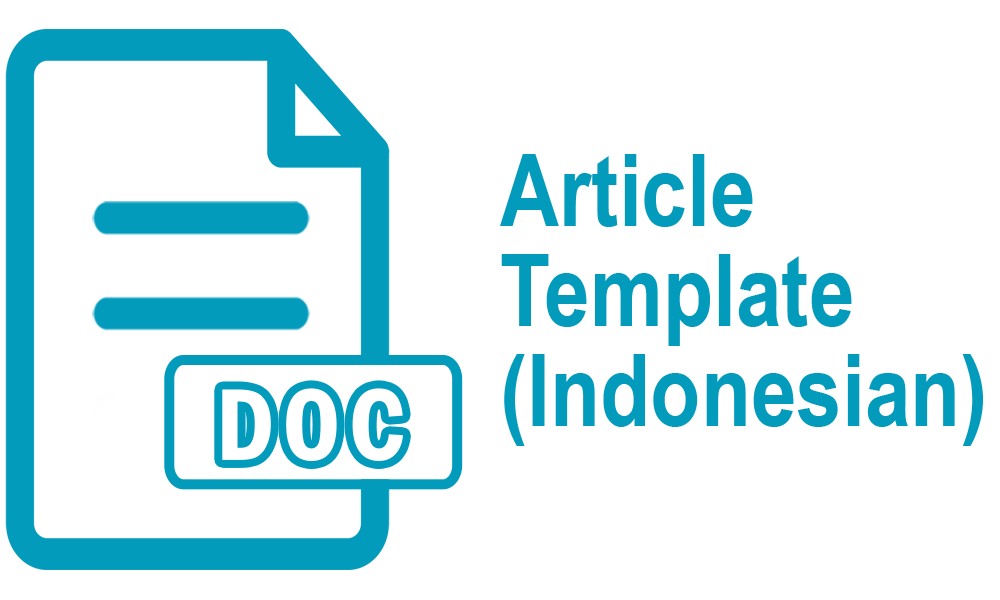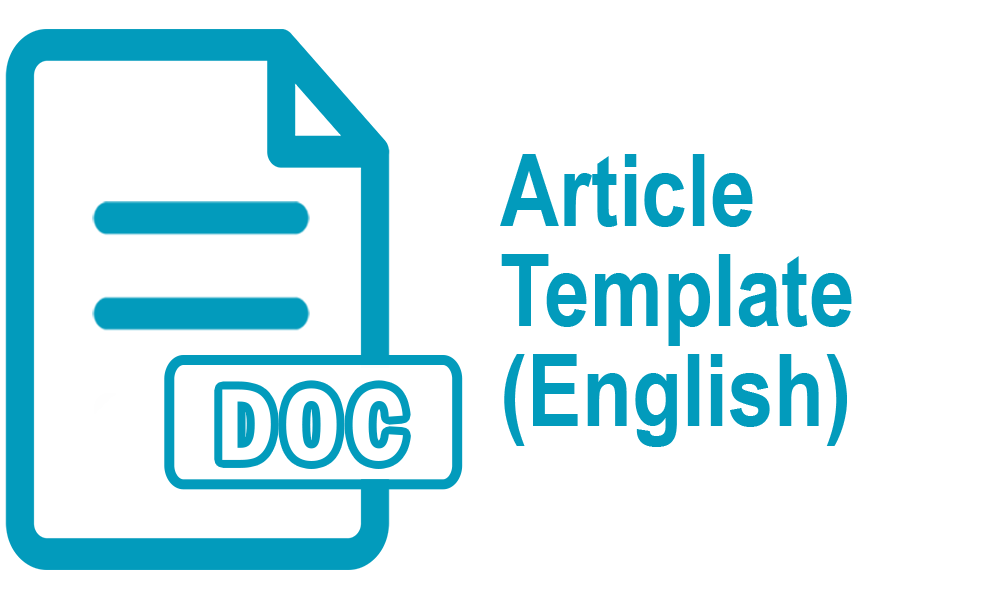FEMININITY PORTRAYED IN DANTE CHARACTER IN ARISTOTLE AND DANTE DISCOVER THE SECRET OF UNIVERSE NOVEL
Abstract
The purposes of this research were to find the femininity characteristics and identity developments as a homosexual in the character of Dante of Aristotle and Dante Discover the Secret of Universe novel. This research was categorized as descriptive qualitative research and was using content analysis approach. The researcher used Aristotle and Dante Discover the Secret of Universe novel as the source of data. The data were taken from the dialogues between characters and narrations that indicating Dante’s femininity characteristics based on Bem theory and his identity development as a homosexual based on Cass theory. From the finding of this research, it reveals that the character of Dante possess 16 out of 20 femininity characteristics which are affectionate, cheerful, childlike, compassionate, eager to soothe hurt feelings, feminine, gentle, gullible, sensitive of the needs of others, loyal, soft spoken, sympathetic, tender, understanding, warm, and yielding. Dante also fulfills 4 out of 6 identity developments which are identity of confusion, comparison, tolerance and acceptance. The character of Dante has femininity characteristics and he experiences the identity development phases to be a homosexual.
Keywords
Full Text:
PDF (Bahasa Inggris)References
Ackerman, Angela and Becca Puglisi. The Positive Trait Thesaurus: A Writer’s Guide to Character Attributes. JADD Publishing, 2013.
Ackerman, Courtney. “Positive Emotions: A List of 26 Examples + Definition in Psychology”. positivepsychologyprogram.com. Positive Psychology Program. March 12, 2018. www.positivepsychologyprogram.com/positive-emotions-list-examples-definition-psychology/.
Alire, Benjamin Sáenz. Aristotle and Dante Discover the Secret of Universe Simon & Schuster, 2012.
Anselmi, Dina L and Anne L. Law. Question of Gender: Perspective and Paradoxes. McGraw-Hill Higher Eduction, 1997.
Barlow, T. “Femininity, n.d” Transnational History. www.transnationalhistory.com/uploadedfiles/reference/transnational/about/femininity.
Bem, Sandra L. “The Measurement of Psychological Androgyny.” Journal of Consulting and Clinical Pschology 42, 1974, pp. 155-162.
Berelson, Bernard. Content Analysis in Communication Research. Free Press, 1952.
Burke, Peter J and Jan E. Stets. “Femininity/Maculinity” Encyclopedia of Sociology, Revised Edition.” Macmillan, pp 997-1005.
Cass, Vivienne C. “Homosexuality Identity Formation: A Theoretical Model”. Journal of Homosexuality. Haworth Press, 1979, pp 219-235.
Fraenkel, Jack R, and Norman E. Wallen. How to Design and Evaluate Research in Education. McGraw-Hill Companies, 2009.
Hall, Donald, To Read Literature Fiction, Poetry, Dram. Holt, Rinehart and Wiston, 1981.
Mikkelson, Alan C. and Kory Floyd. “Affection and Affectionate Behavior”. Encyclopedia of Human Relationship. eds Reis, Harry T and Susan K. Sprecher. Sage Publications, 2009, pp 46-49.
Moore, Timothy. “Sex Roles” The Gale Encyclopedia of Psychology. Ed. Bonnie Strickland. 2nd ed. Gale, 2001, pp 578-581.
Nagoshi, Julie L, Craig T. Nagoshi, et all. Gender and Sexual Identity: Transcending Feminist and Queer Theory. Spring-Verleg. 2014.
Patton, Michael Quinn and Michael Cochran. A Guide to Using Qualitative Research Methodology. Médecins Sans Frontières, 2002.
Rohrberger, S. H. Woods and M. Reading and writing about literature. Random Haouse, 1976.
Rokhmansyah, A. “Perubahan Perilaku Seksual Tokoh Utama dalam Novel The Sweet Sins Karya Rangga Wirianto Putra (Tinjauan Psikoseksual pada Karya Sastra)”. ICELA, 2129-2138.
Room, Adrian. Dictionary of Confusable Words. Fitzroy Dearborn, 2000.
Suhantoro, Alfian Rokhmansyah, & Purwanti Purwanti. “Kehidupan homoseksual dalam novel cinta tak berkelamin karya andy stevenio: kajian sosiologi sastra.” Ilmu Budaya: Jurnal Bahasa, Sastra, Seni dan Budaya, 3.3 (2019): 373-383.
Tidwell, Charles. Hofstede: Masculinity / Femininity Traits, www.andrews.edu/~tidwell/bsad560/HofstedeMasculinity.html.
Tyson, Lois. Critical Theory Today: A User-Friendly Guide. Routledge Taylor & Francis Group, 2006.
Underwood, Lynn. “Compassionate Love”. Encyclopedia of Human Relationship, ed Reis, Harry T and Susan K. Sprecher. Sage Publications, 2009, pp 280-283.
VanderStaay, Steven. Young-Adult Literature : Writer Strikes the Genre. The English Journal. vol. 81, no.4, 1992, pp 48-52.
DOI: http://dx.doi.org/10.30872/jbssb.v5i3.3945
Refbacks
- There are currently no refbacks.
Copyright (c) 2021 Diah Handayanti, Satyawati Surya, Ririn Setyowati
Editorial address:
Fakultas Ilmu Budaya, Universitas Mulawarman
Jl. Ki Hajar Dewantara, Gunung Kelua, Kec. Samarinda Ulu, Kota Samarinda, Kalimantan Timur, Indonesia 75123
Email: jurnalilmubudaya.fibunmul@gmail.com
Website: http://e-journals.unmul.ac.id/index.php/JBSSB
Ilmu Budaya: Jurnal Bahasa, Sastra, Seni, dan Budaya is licensed under a Creative Commons Attribution-ShareAlike 4.0 International License






